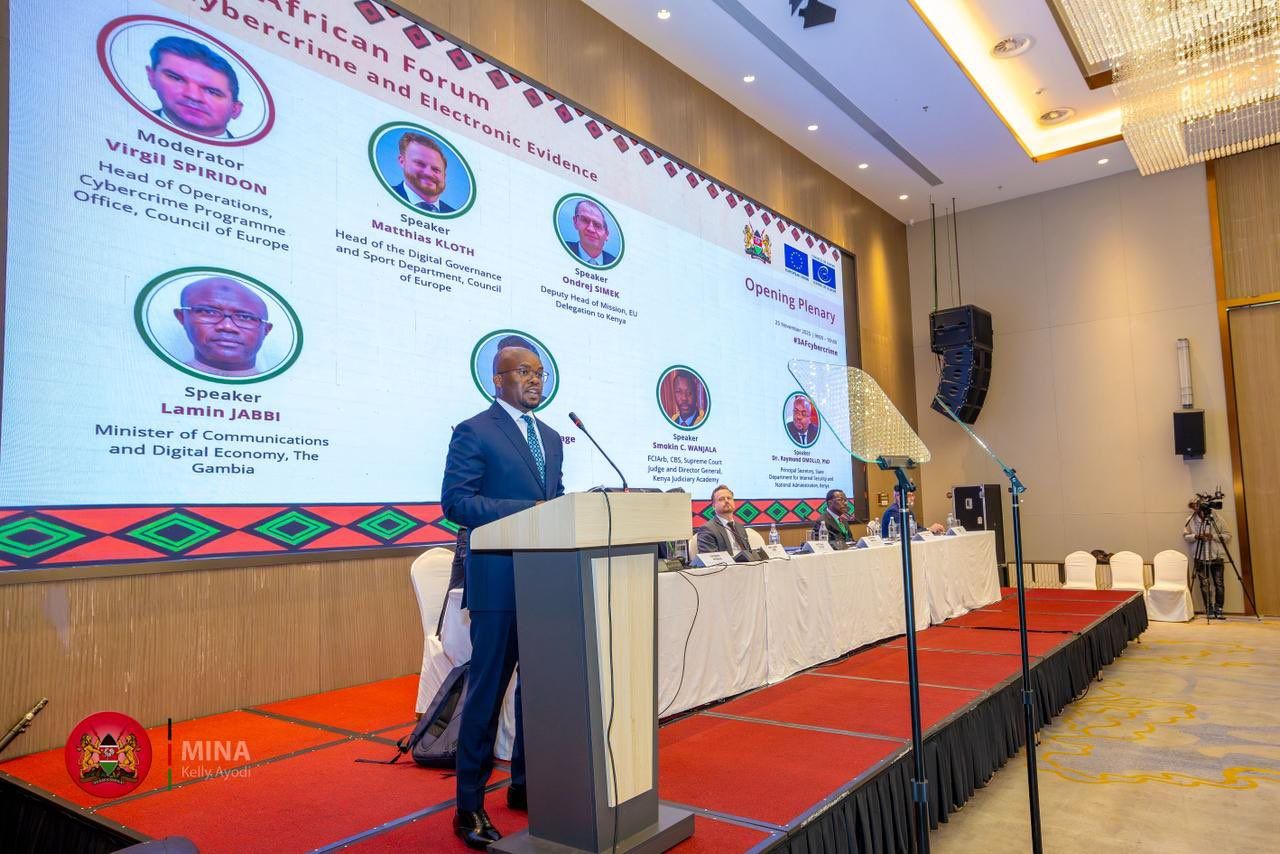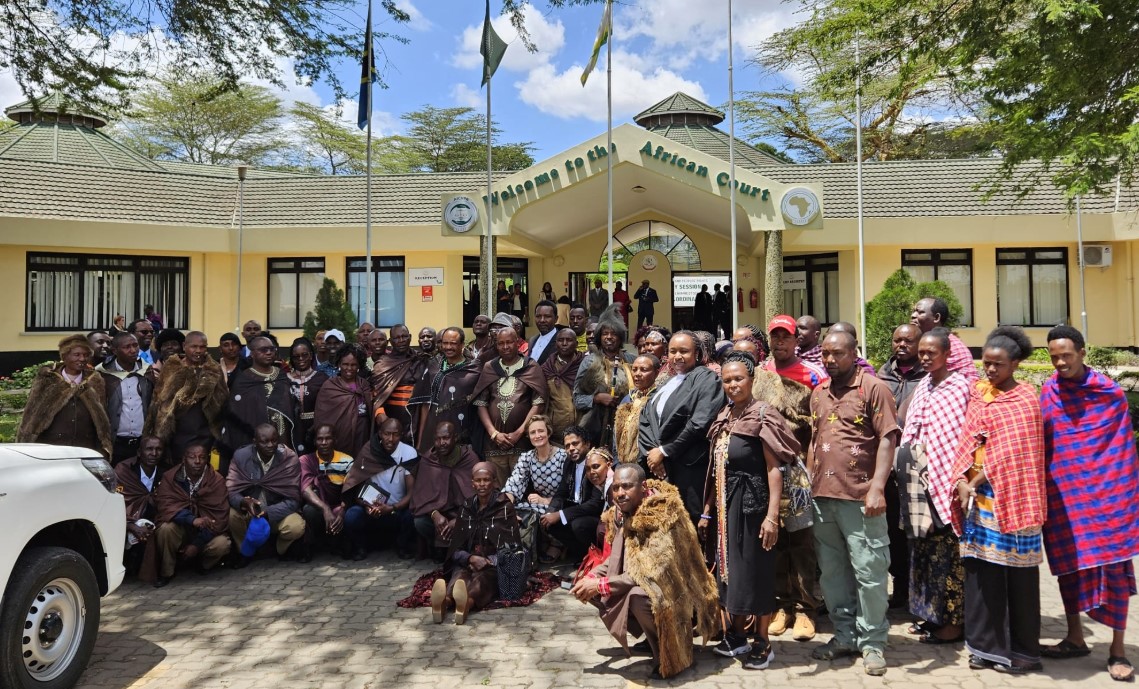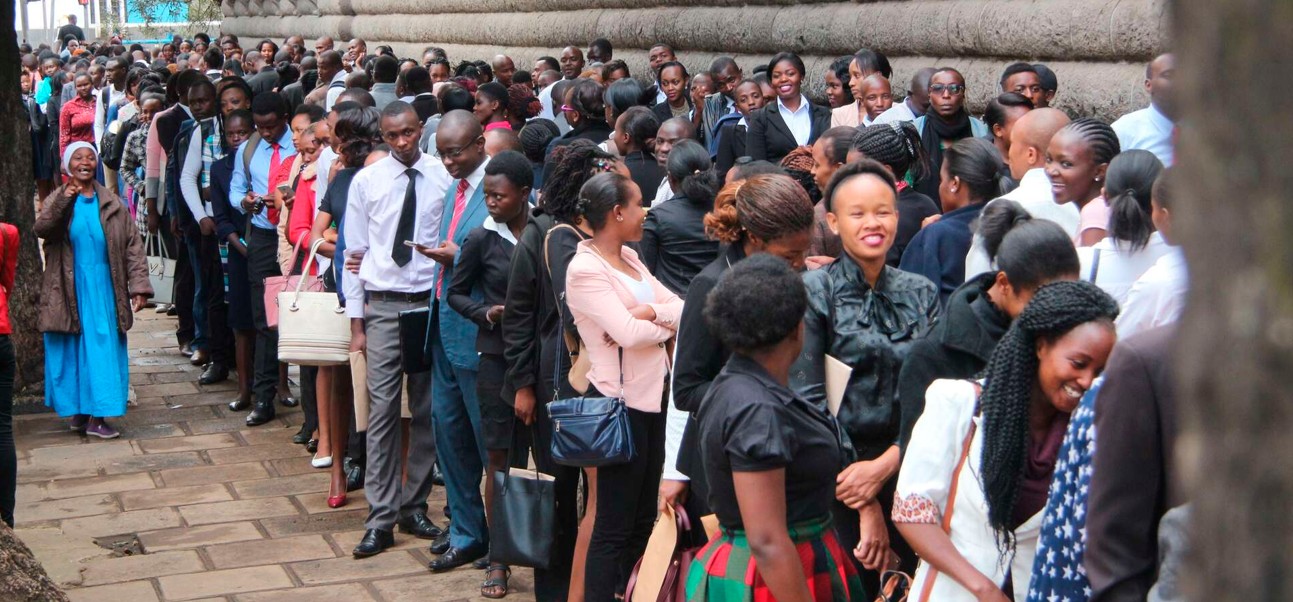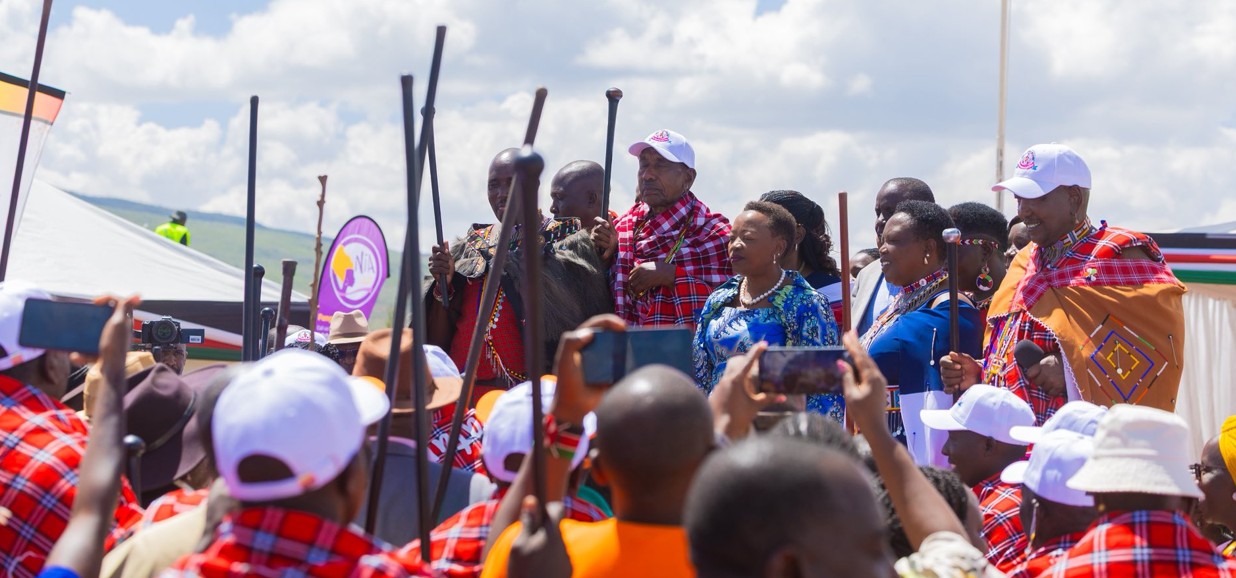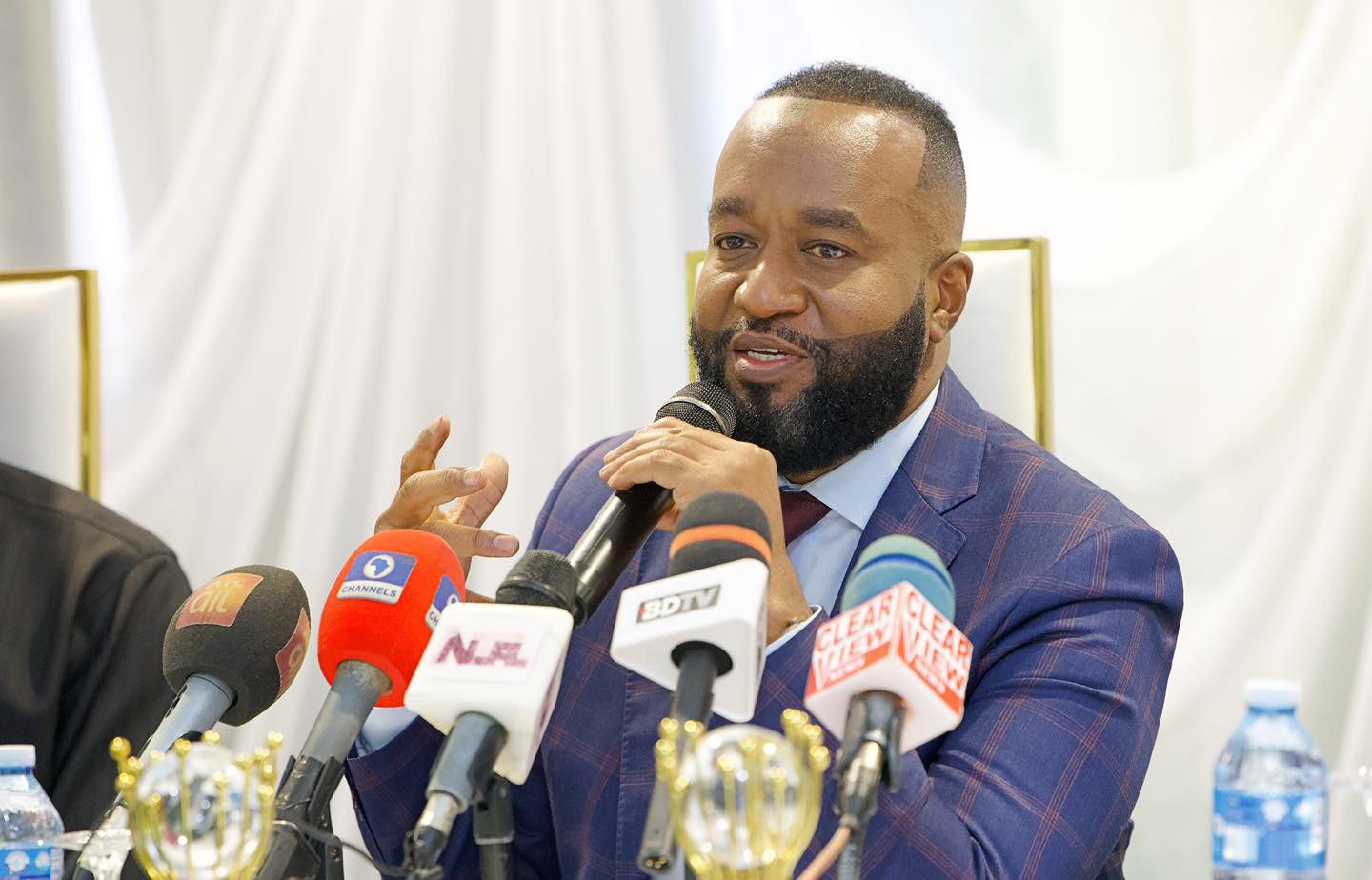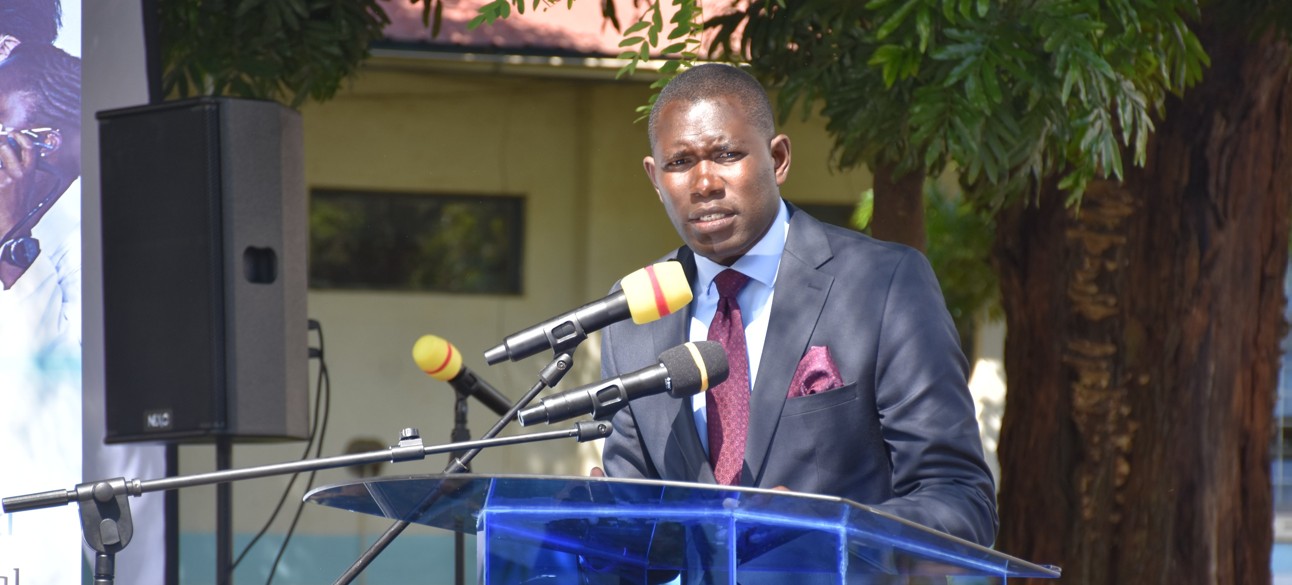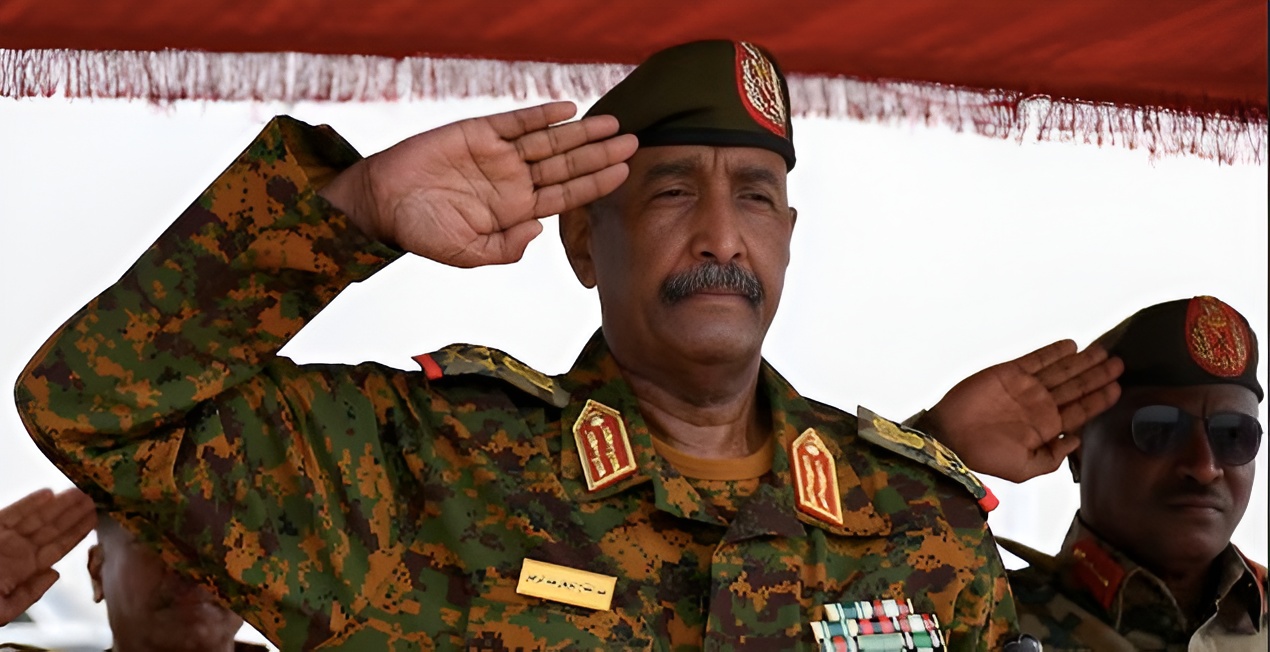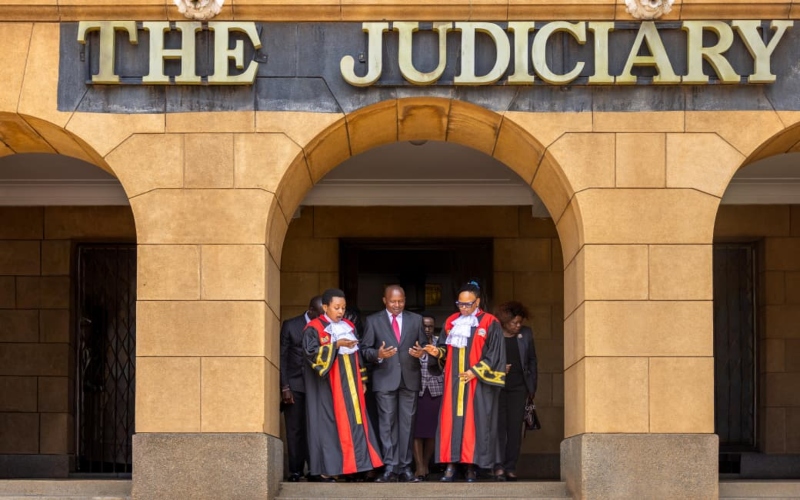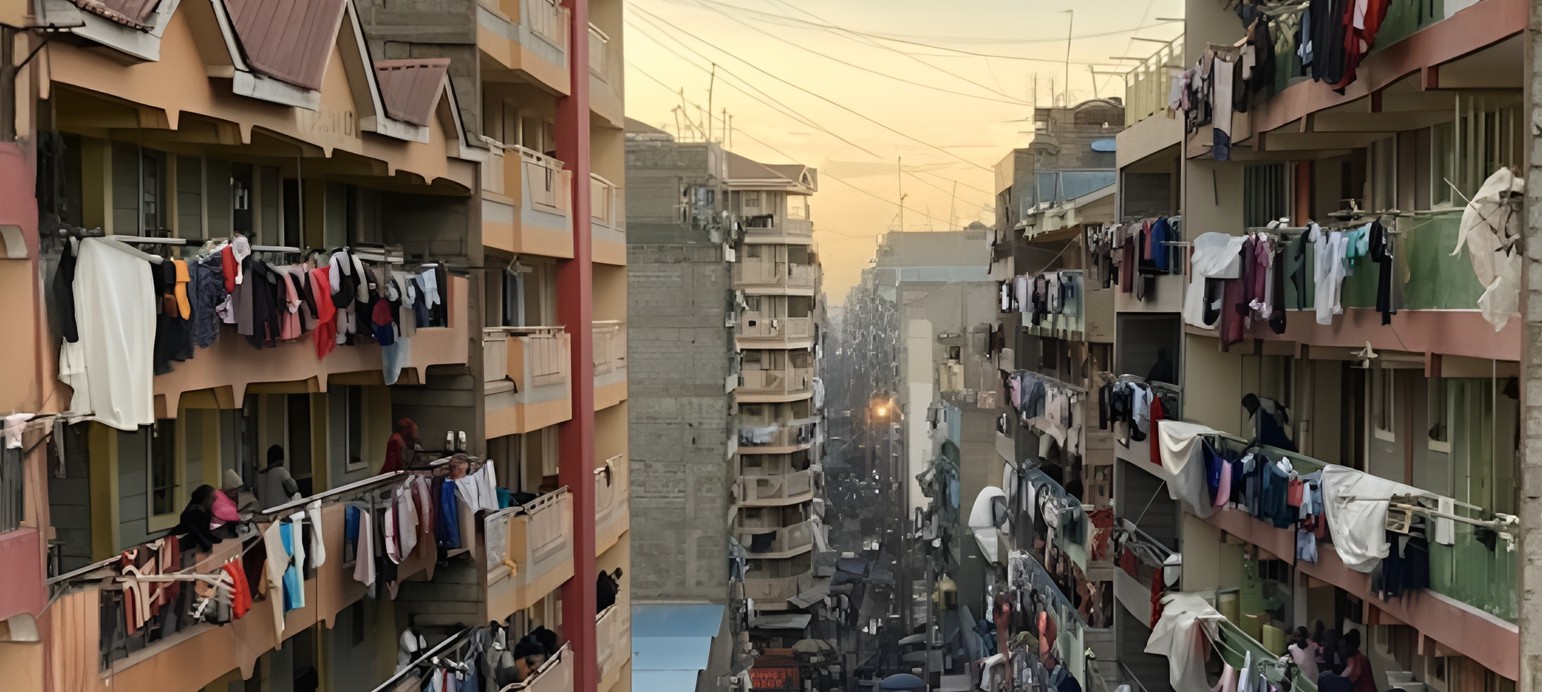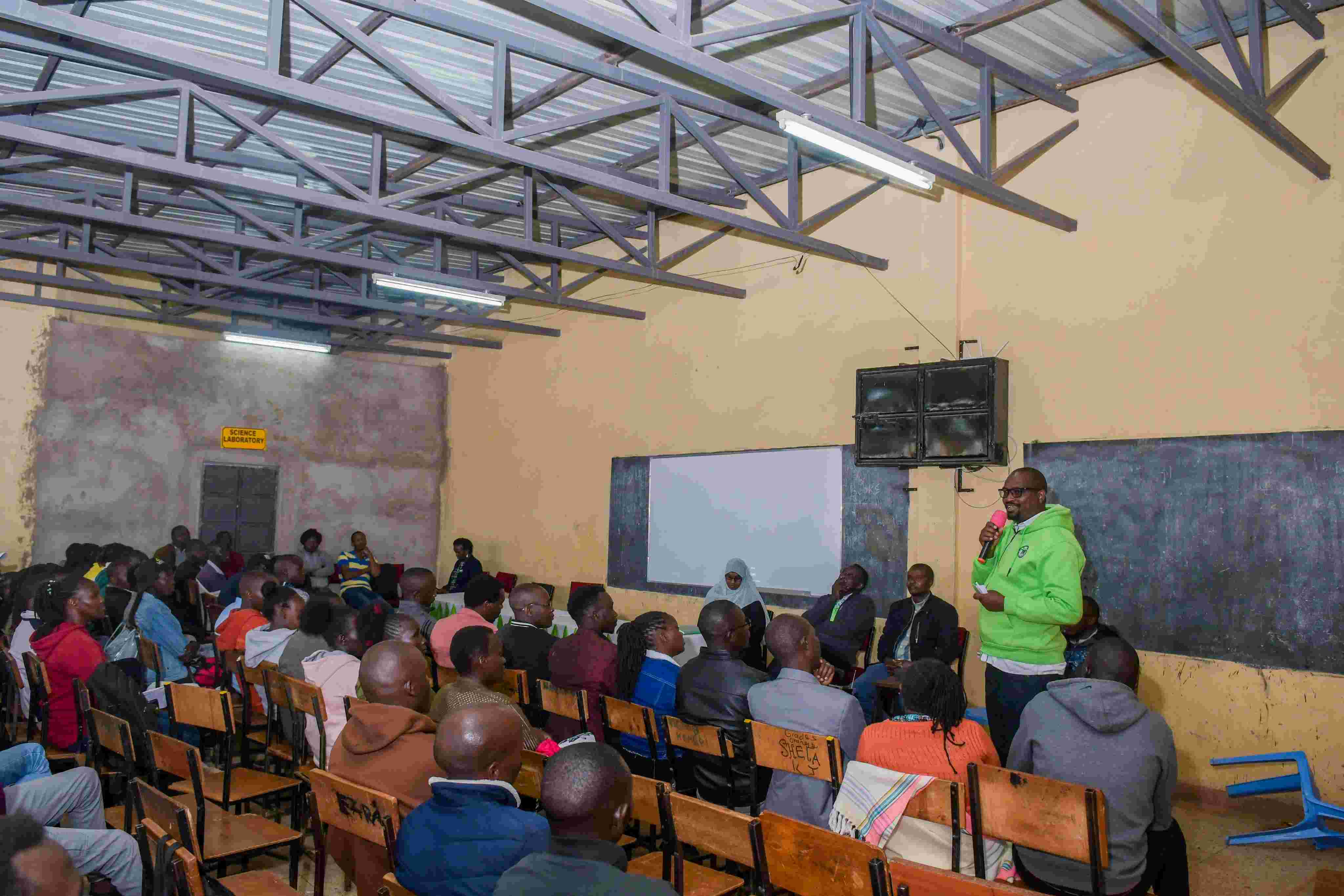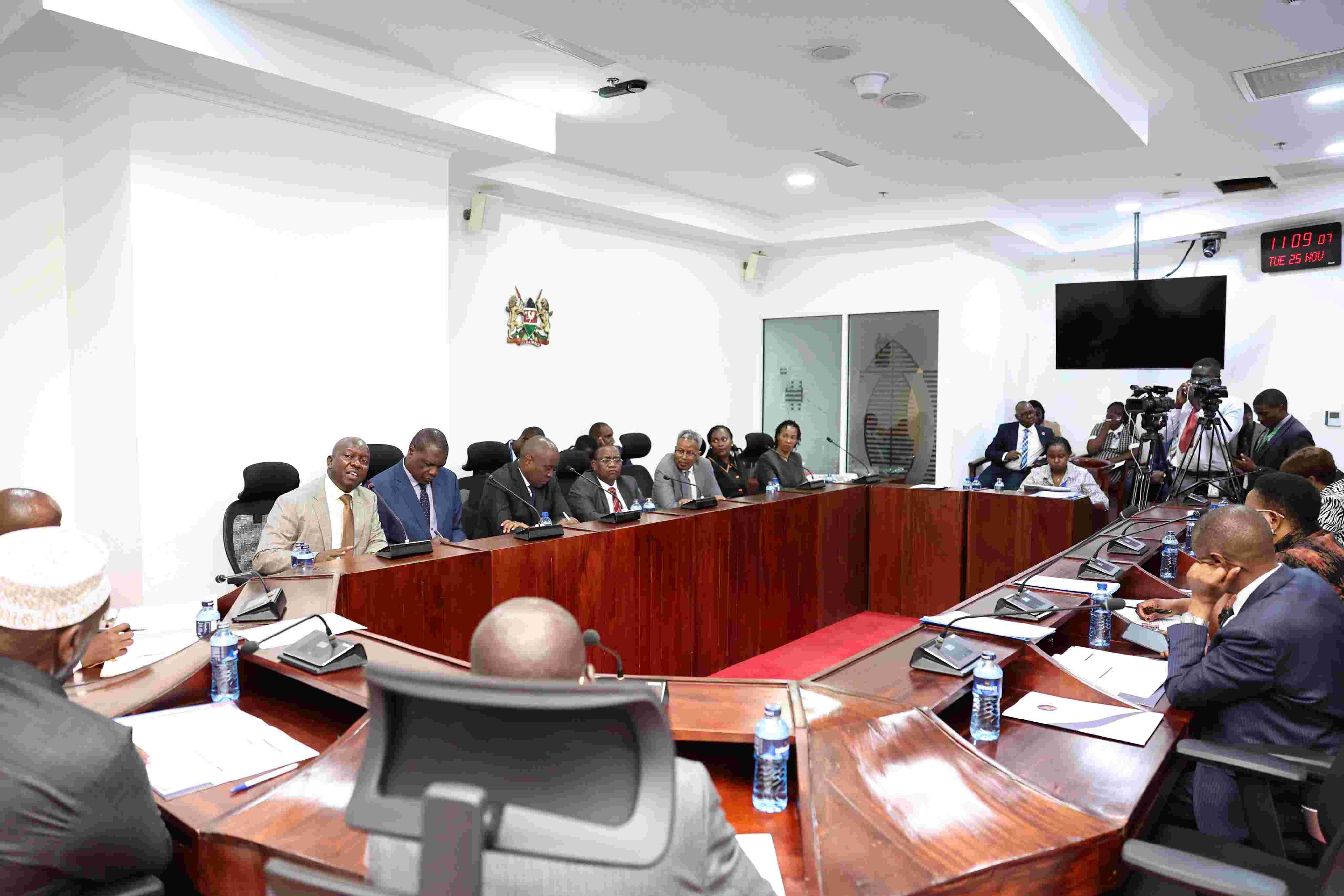King Charles: 'No excuses' for colonial abuses in Kenya
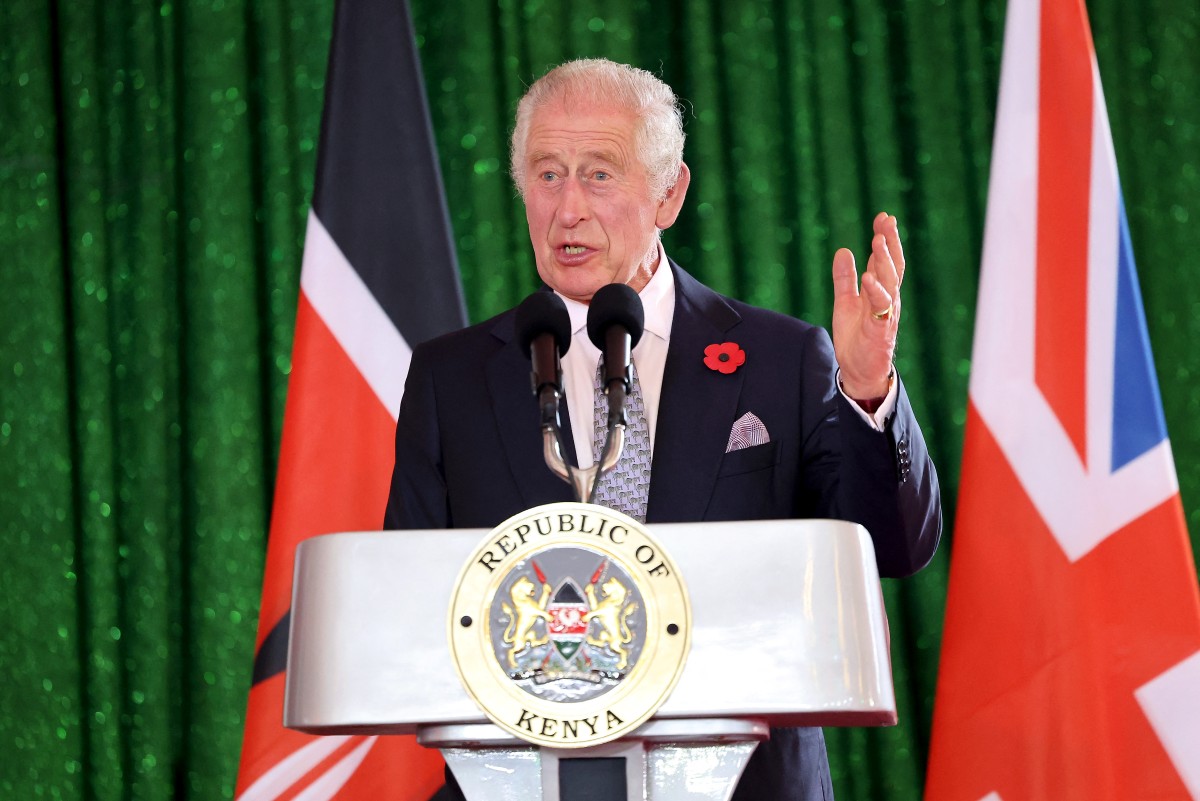
King Charles said he wished to "deepen my own understanding of these wrongs" during the four-day state visit with Queen Camilla, but also to bolster "a modern partnership of equals facing today's challenges".
King Charles III began the second day of his trip to Kenya on Wednesday after acknowledging there was "no excuse" for colonial-era abuses during Britain's rule of the East African country.
Charles said he wished to "deepen my own understanding of these wrongs" during the four-day state visit with Queen Camilla, but also to bolster "a modern partnership of equals facing today's challenges".
More To Read
- Freedom fighters to be celebrated as Kenya prepares 2025 National Heroes roll
- Christians and the British empire: How a church NGO got entangled in colonial Kenya’s violence
- Britain’s High Commissioner Neil Wigan to leave Kenya amid ongoing diplomatic challenges
- 19-year-old Turkana woman Alice Ngitira feted by King Charles III
- Forgotten Mau Mau freedom fighters and impeached DP Gachagua that stood up for them
- Kenya’s female freedom fighters: The silent heroes of anti-colonial movement
There have been widespread calls for Charles to formally apologise to a country Britain violently ruled for decades before its hard-fought independence in 1963.
On his first day in Kenya, the 74-year-old British head of state said the "wrongdoings of the past are a cause of the greatest sorrow and the deepest regret" but stopped short of an apology.
"There were abhorrent and unjustifiable acts of violence committed against Kenyans as they waged... a painful struggle for independence and sovereignty. And for that, there can be no excuse," he told a state banquet on Tuesday evening.
"None of this can change the past but by addressing our history with honesty and openness, we can perhaps demonstrate the strength of our friendship today, and in so doing, we can I hope continue to build an ever-closer bond for the years ahead."
Charles has previously made three official visits to Kenya, but this is his first tour of an African and Commonwealth nation since becoming king last year upon the death of his mother Queen Elizabeth II.
'Uncomfortable truths'
On Tuesday, Charles and Camilla were given a ceremonial red carpet welcome by President William Ruto and later laid a wreath at the Tomb of the Unknown Warrior in the Uhuru Gardens Memorial Park.
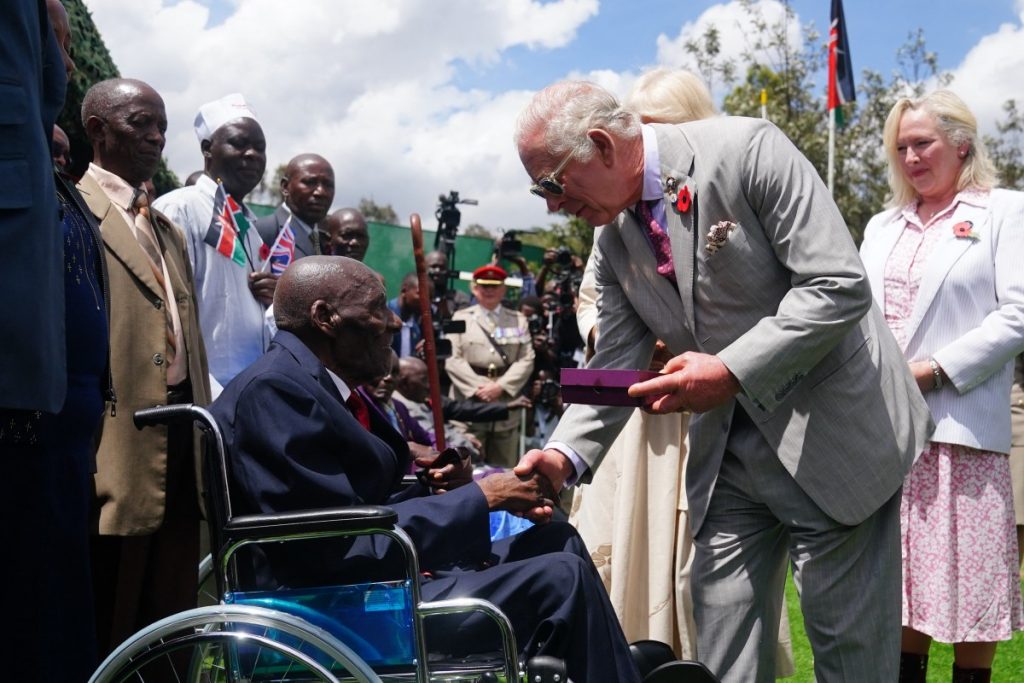 Britain's King Charles III (R) meets war veteran Samwel Nthigai Mburia (L) during a visit to a Commonwealth War Graves Kariokor Cemetery in Nairobi on November 1, 2023. (Photo by Victoria Jones / POOL / AFP)
Britain's King Charles III (R) meets war veteran Samwel Nthigai Mburia (L) during a visit to a Commonwealth War Graves Kariokor Cemetery in Nairobi on November 1, 2023. (Photo by Victoria Jones / POOL / AFP)
It was there that Kenya's independence was declared at midnight on December 12, 1963. The Union flag was lowered and replaced with Kenya's black, red, green and white flag.
But the gardens were also built on the site of a camp where British colonial authorities detained suspected Mau Mau guerrillas during the suppression of their 1952-1960 uprising.
The so-called "Emergency" period was one of the bloodiest insurgencies of the British empire and at least 10,000 people -- mainly from the Kikuyu tribe -- were killed, although some put the true figures much higher.
Tens of thousands more were rounded up and detained without trial in camps where reports of executions, torture and vicious beatings were common.
Ruto said the Emergency "intensified the worst excesses of colonial impunity", and called the British response to Kenya's quest for self-determination "monstrous in its cruelty".
But he welcomed Charles' "courage and readiness to shed light on uncomfortable truths".
Kenya is where Queen Elizabeth -- then a princess -- learned in 1952 of the death of her father, King George VI, marking the start of her historic 70-year reign.
Charles said the country had "long held such special meaning for my family", underscoring his mother's "particular affection" for the country and its people.
In the coming days in Nairobi and the port city of Mombasa, Charles will visit a war graves cemetery to honour Africans who died for Britain in two world wars, and plant trees in memory of the late Kenyan conservationist and Nobel Peace laureate Wangari Maathai.
The royal programme is also focusing on efforts to tackle climate change, as well as support for creative arts, technology and youth.
Story By AFP
Top Stories Today

